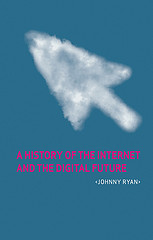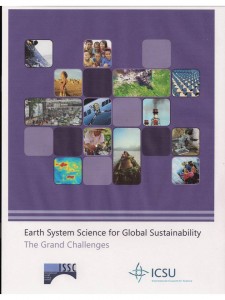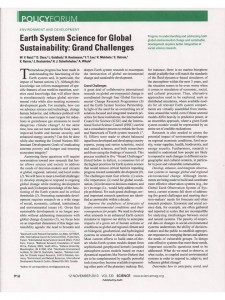
When you think about who might topple a software giant like a Microsoft or a Google, you might be inclined to think of Goliaths like, well Google and Microsoft. The same is true of any industry, you probably think of a company of similar size or larger as being the type of company that would win a battle, or a war.
Actual battles and wars end up being an interesting analogy. If you think if big battles like World War I and World War II, that’s exactly what happened – giants fighting giants from big, knowable centralized points of command. But there are some other wars that have been fought where the little guy won (or hasn’t lost in the case of one ongoing war) and there’s a common element in all of them. No centralized physical location to “take out” to win. When everything is dispersed and there isn’t any one thing to take out, it’s hard to really know how big or how small opposing force is, and they can be substantially more agile. In this situation, an organization of any size can pose a major threat to an enormous organization. The war on terror is an ongoing war that fits this profile – it’s virtually impossible to know how big or small the opposition is, or where they are at any given time, so it’s very hard to be ready for an attack from them. Viet Nam was a tough one for the US to really stand a chance in because it was in unfamiliar territory and there was no central location to take out to declare victory. One could even make the same argument (at a high level) for why the British lost the American revolution.
So if you don’t know who Rovio or CCP are, I have already made significant progress on the path of making my point.
Continue reading “Could Rovio or CCP kill Microsoft or Google?”







